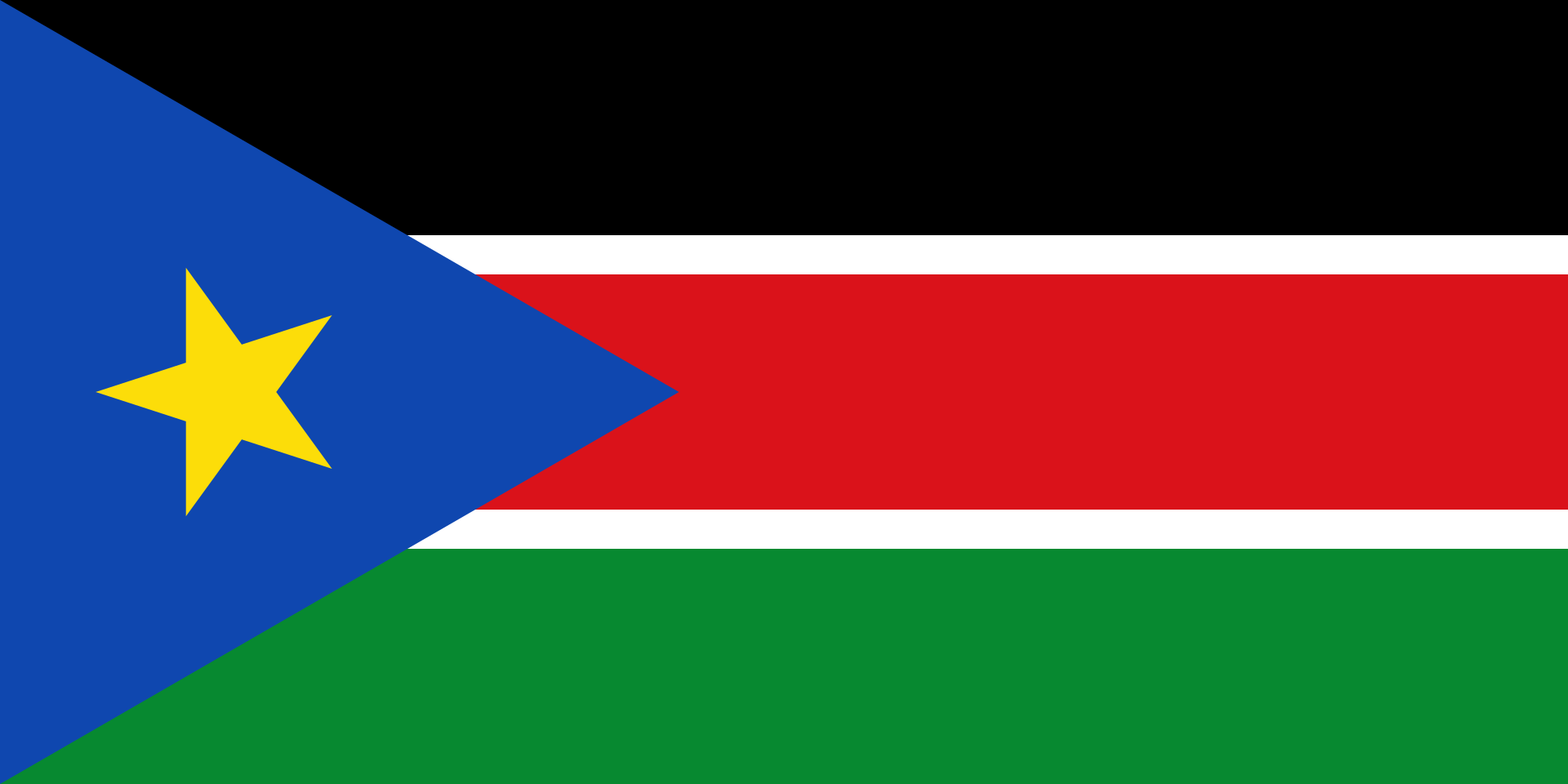Civil servants in South Sudan’s Lakes State have complained about high commodity prices and low salaries as Christmas approaches.
Speaking to Radio Tamazuj on Thursday, several civil servants said they were unable to buy food items and clothes for their families to celebrate the yuletide.
John Kockedhie, a civil servant in Rumbek, said: "We are currently receiving our November salary, but it cannot buy even 10 kg of maize flour in the Rumbek market. My salary is 5,300 SSP, and 10 kg of maize flour is sold in the market at 6,500 SSP. There is nothing to afford with this salary to celebrate Christmas.”
He said salaries of civil servants should be increased so that they can meet family needs.
"But each member of the executive and legislature received 400,000 SSP. These people will celebrate Christmas and New Year. But for us, nothing to celebrate except peaceful coexistence and security,” he said.
Meanwhile, Wol Ater, a civil servant in Yirol East County, said: “The community here in Yirol East County have received two months amount of money from World Food Program. So WFP could not manage to bring them food, but they have been given money based on the family size.”
He said the amount of money distributed by WFP to the community is more than the government civil servants' salary, which he said cannot buy food in the market.
For his part, the acting minister of information in Lakes State, William Koji Kirjok, said that the payment of civil servants salaries is ongoing, and every civil servant receives a November salary ahead of Charismas.
The official appreciated the government for releasing the salaries of civil servants on time.
South Sudan has been experiencing inconsistent and rampant inflation. - Radio Tamazuj






